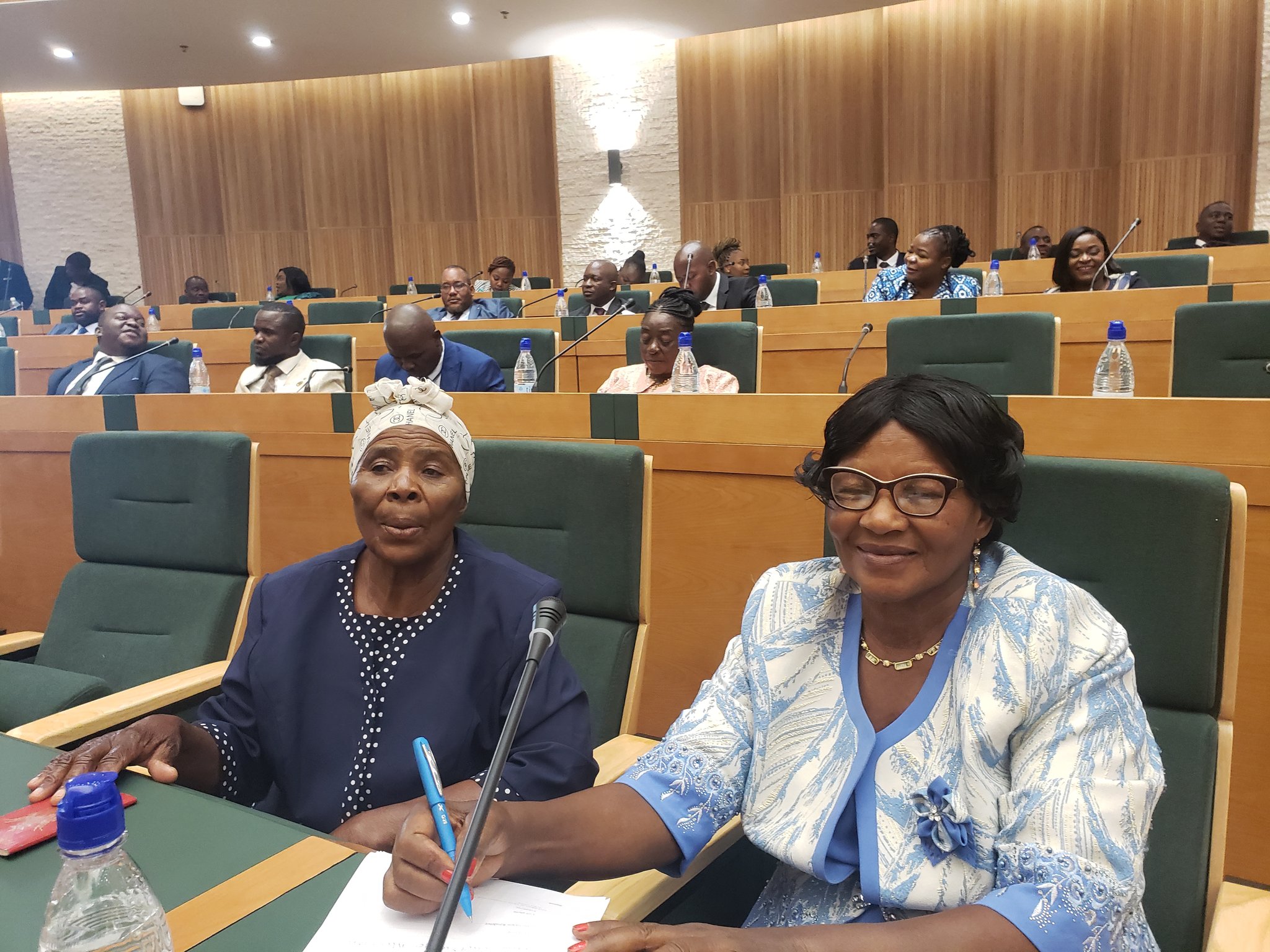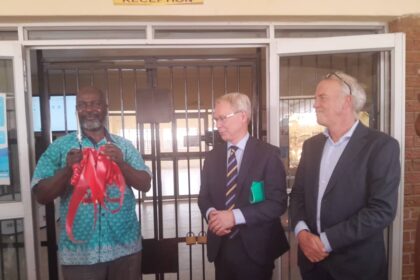Zim has never had a female Speaker. Could this be the time?
By Daniel Chigundu
Parliamentarians in the National Assembly will on Friday 8th of September elect a presiding officer who is known as the Speaker.
The Speaker is elected through a majority vote, and Zanu PF stands a huge chance of electing the Speaker due to their huge number of legislators.
Zanu PF has 176 seats against Citizens Coalition for Change’s 103 in the National Assembly.
A person qualifies to be elected as Speaker if they have been a legislator or are a legislator in the current Parliament.
Non legislators also can be chosen to be the Speaker of the National Assembly if they qualify to be elected as a legislator is Zimbabwe.
The requirements for one to be a legislator is being a registered voter and having attained 21 years of age.
While the qualifications are very minimal, Zimbabwe has never had a female Speaker since 1980 when it got independence.
The closest it has come is through electing Tsitsi Gezi as the Deputy Speaker in the previous Parliament.
Didymus Mutasa, Cyril Ndebele, Nolan Makombe, John Nkomo, Emmerson Mnangagwa, Lovemore Moyo and Jacob Mudenda have occupied the seat of Speaker from 1980.
The 10th Parliament presents another opportunity for the ruling party which is likely to carry the day, to remember that women exist and are capable to hold high offices.
Some of the female legislators who can be elected to the position of Speaker include Tatenda Mavetera, who was part of the Speakers panel in the 9th Parliament, Tsitsi Gezi who was Deputy Speaker, Barbara Rwodzi, Marian Chombo, Getrude Chibagu and even Flora Bhuka among many others.
The 10th Parliament has not been doing so well in terms of women’s representation. At first, there were only 70 women who contested for the 210 seats. Secondly, only 21 of the 70 females won their seats, and thirdly, out of the 10 youth quota seats, only 3 are female.
The Speaker occupies the foremost place and commands respect internally from among Parliamentarians and also externally from the public in general.
According to Section135(1), the Speaker is the head of Parliament, and he passes Parliament’s messages to the state President. The President of the even though it is called the Upper House is the deputy head.
Female politicians in Zimbabwe have generally been placed second in terms of heirachy be it at national, community or even political party level.
The country since 1980 when it got its independence, has never had a female President, the closest it came was when Joice Mujuru was appointed Vice President, and Thokozani Khupe was one of the Deputy Prime Ministers during the Inclusive Government.
Political parties that are led by females have often been frowned upon by voters, including the 2023 general election where there was only one female Presidential candidate contesting.
This is despite the fact that women make the majority registered voters in Zimbabwe.
In ther just ended political term, there was no female in the country’s Presidium, where President Emmerson Mnangagwa was being Deputised by Constantino Chiwenga and Kembo Mohadi was later forced to resigned due to alleged sex scandals.
However, should women lose the battle for the position of Speaker due to political party whipping, there remains the issue of chairpersons of the various Parliamentary Portfolio Committees where women can still get opportunities.-



